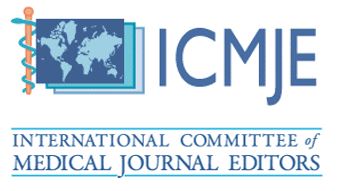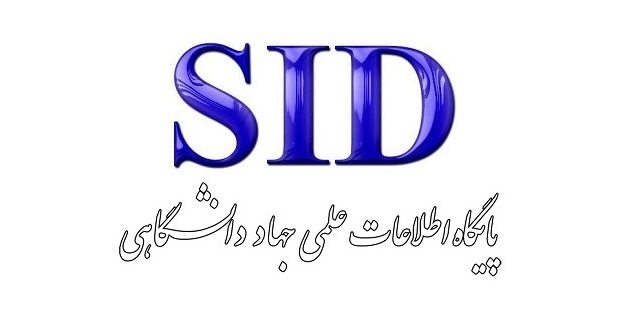تحلیل گفتمان انتقادی زبان قدرت و نفوذ در متون ادبی دوران مشروطه با تاکید بر اشعار عارف قزوینی و میرزاده عشقی
کلمات کلیدی:
تحلیل گفتمان انتقادی, زبان قدرت, عارف قزوینی, میرزاده عشقی, مشروطه, استعاره, طنز, قدرت و نفوذ, گفتمان مقاومتچکیده
این مقاله به تحلیل گفتمان انتقادی زبان قدرت و نفوذ در اشعار عارف قزوینی و میرزاده عشقی، دو شاعر برجسته دوران مشروطه، پرداخته است. در این تحقیق، به بررسی استفاده این دو شاعر از زبان و گفتمان در نقد استبداد و سلطه حاکمان پرداخته شده و شیوههای زبانی و بلاغی آنان تحلیل شده است. عارف قزوینی با استفاده از زبان عاطفی و استعاری در اشعار خود، مفاهیم آزادیخواهی و مقاومت را برجسته کرده و با استعارههایی چون "طلسم استبداد" و "زنجیر"، سلطه حاکم را نقد کرده است. در مقابل، میرزاده عشقی با بهرهگیری از طنز و هجو، ساختارهای فاسد حکومت را به چالش کشیده و بهطور غیرمستقیم قدرت را تضعیف کرده است. تحلیل تطبیقی این دو شاعر نشان میدهد که هر یک از آنها از زبان به شیوهای متفاوت برای تقویت گفتمان مقاومت و نقد قدرت استفاده کردهاند. در نهایت، این تحقیق نشان میدهد که زبان در اشعار این دو شاعر بهعنوان ابزاری برای تضعیف ساختارهای قدرت و بازتعریف مفاهیم آزادی، عدالت و حقوق بشر عمل کرده است. این مقاله همچنین به همخوانی نتایج با نظریات گفتمانی در تحلیل زبان قدرت و نفوذ پرداخته و تأثیر زبان در تحولات اجتماعی و سیاسی دوران مشروطه را مورد بررسی قرار میدهد.













